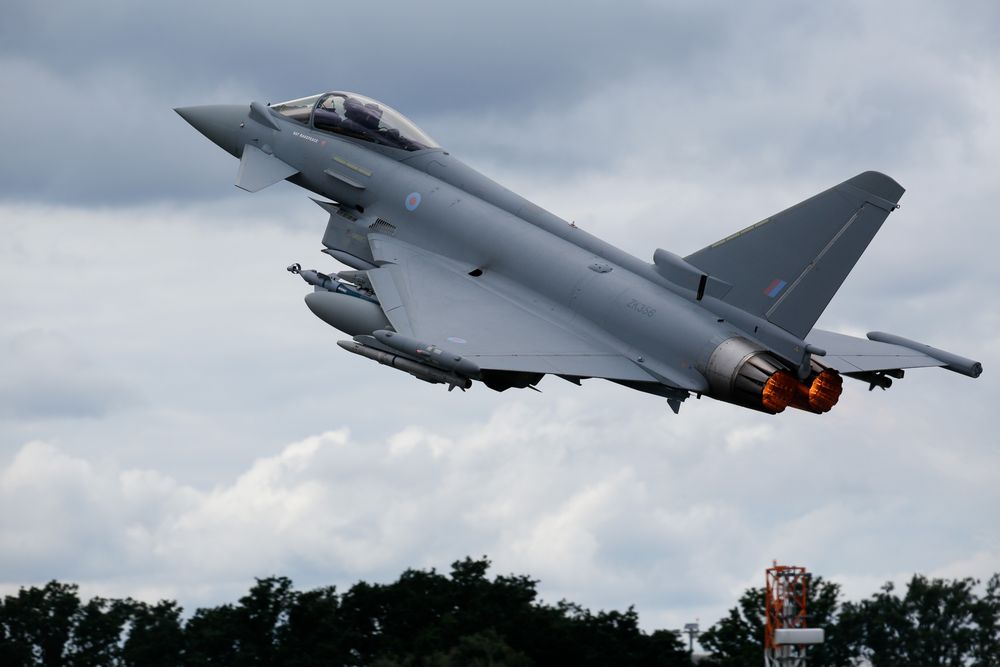Two jets belonging to the Nigerian Air Force yesterday suffered a midair collision at the Katampe area of the Federal Capital Territory, Abuja, which claimed the life of one of the pilots, Squadron Leader Bello Baba-Ari.
President Muhammadu Buhari lamented of the tragedy and consequent delegation of the Chief of Staff, Malam Abba Kyari and his Senior Special Assistant on Media and Publicity, Malam Garba Shehu, to visit the two surviving co-pilots at the Defence Intelligence Agency Hospital, Abuja yesterday.
The aircraft were said to be taking part in the rehearsals for the 58th Independence Day celebrations when collision occurred.
The Chief of Air Staff, Air Marshal Sadiq Abubakar, yesterday said the Nigeria Air Force had constituted a board of inquiry to investigate the cause of the crash of military jets which claimed the life of Baba-Ari, in Abuja.
The remains of the deceased was committed to mother earth at the Military Cemetery along Airport Road, Abuja yesterday.
At the hospital, Kyari commiserated with survivors of the crash, saying Buhari was saddened by the incident and consequently instructed them to visit them in the hospital.
Kyari said: “I wish you quick recovery. The President said we should come and see you and wish you well. He is fully aware. He has been informed on what happened. We are proud of your service to your country.”
Also speaking, Abubakar who said a board of inquiry had been put in place to unfold the cause of the crash, lamented that the officers were embarking on the last rehearsal in preparation for Nigeria’s 58th Independence Anniversary scheduled to hold on Monday, October 1.
The Air Force chief who described yesterday’s tragedy as one of such incidents which sometimes occur in the course of discharging their responsibilities, regretted the loss of one of the pilots, adding that the survivors were in stable conditions.
He said: “Well, I think that is the tragic nature of our job. As combat pilot, sometimes things terrible happen and this is one of those days. These officers have been rehearsing for the 58th anniversary of their country.
“Everybody was full of enthusiasm, excited to be part of the celebration, unfortunately we had this incident this afternoon. We have set up a board of enquiry to clearly understand what really happened. This was supposed to be the last rehearsal before the actual flying on the 1st of October.
“It is very unfortunate that we lost one of them, but we are also consoled by the fact that we have two of the pilots here who are in stable condition, they have been visited by the Chief of Staff and I have also visited them
“Like I said, this is something that has to do with the profession of flying combat aircraft and sometimes you can’t avoid these things from happening.”
According to him, his family had been briefed and his father and wife saw the corpse before it was interred.

 Naira4 weeks ago
Naira4 weeks ago


 Naira4 weeks ago
Naira4 weeks ago




 Naira4 weeks ago
Naira4 weeks ago




 Naira3 weeks ago
Naira3 weeks ago
 Commodities4 weeks ago
Commodities4 weeks ago


 News4 weeks ago
News4 weeks ago
 Travel4 weeks ago
Travel4 weeks ago




 Naira3 weeks ago
Naira3 weeks ago






















